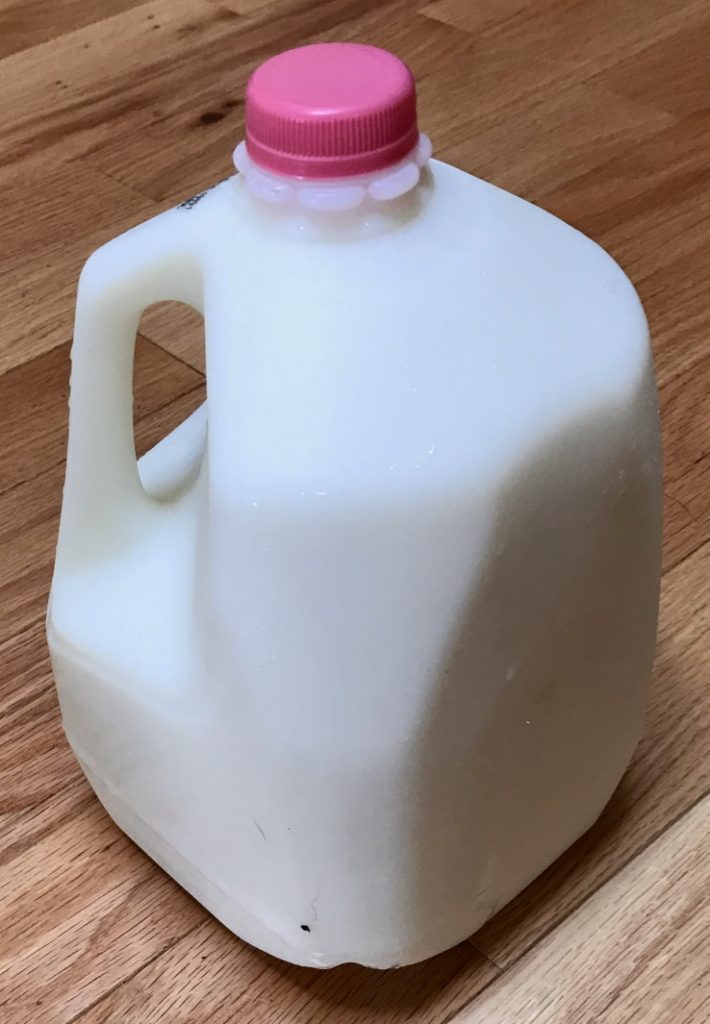
The milk industry in the United States has been under a lot of pressure in recent years. Those pressures have led to bankruptcies at every level of the industry. Now, the pressures are taking down milk processers, with several major players announcing bankruptcies in the past six months. With the current environment, the trend is expected to continue for the foreseeable future.
Two of the largest U.S. milk processors have declared bankruptcy within eight weeks of each other. Dean Foods Co. submitted its bankruptcy filing in November. Borden Dairy Co. followed with its bankruptcy filing this week. The circumstances were so similar for both companies that they both used the same language almost verbatim in court papers to describe their predicaments. Associated Milk Producers Inc., a dairy cooperative owned by farmers in the Midwest, announced that it was shutting down production at two of its plants in November.
One big challenge is that traditional milk processors are losing business as retailers begin to process their own milk. Before Walmart built its own processing plant, it was one of Dean’s major customers. Now, Walmart processes its estimated 100 million gallons of milk annually itself. The Kroger Co. chain of grocery stores also processes its own milk. There were 605 fluid-milk plants in America in 1990. By 2018, there were only 459.
Americans falling out of love with drinking milk has also been a problem for the industry. Cow milk sales have been falling steadily for years. Per capita milk consumption has dropped about 2 percent per year since the 1970’s. In 2018, Americans each drank an estimated 146 lb. of fluid milk, down 26 percent since 2000, according to the USDA’s Economic Research Service. Lactose-free and grass-fed milk sales have been increasing, but not enough to make up the difference.
The alternative milk sector has been growing quickly. Over a 12-month period ending in November, retail sales of oat milk have increased more than 600 percent, according to Nielsen. Sales of almond milk grew about 6 percent in the same period. Sales have been helped by more restaurants choosing to offer milk-alternatives to their customers, including Starbucks and Dunkin’.
